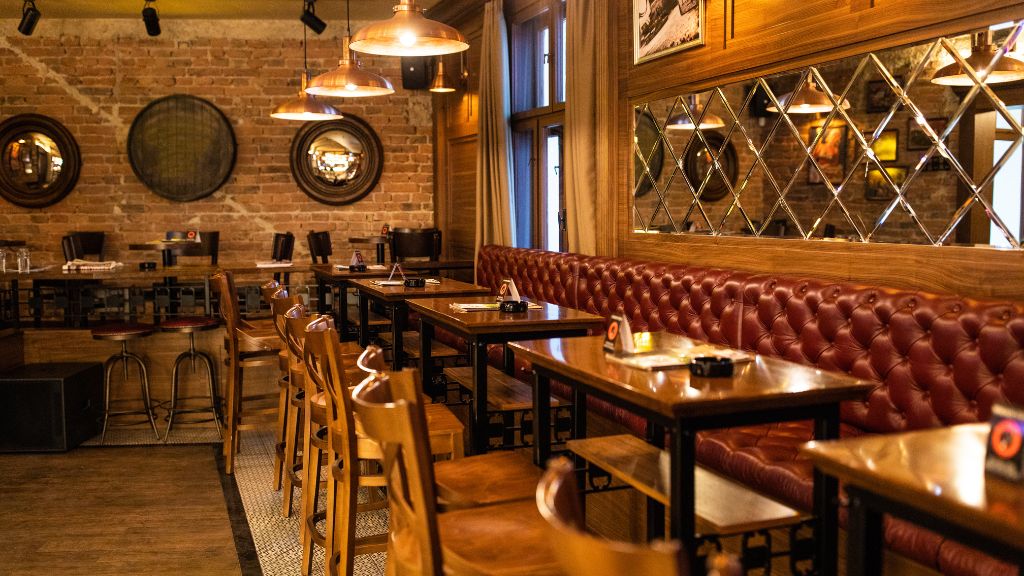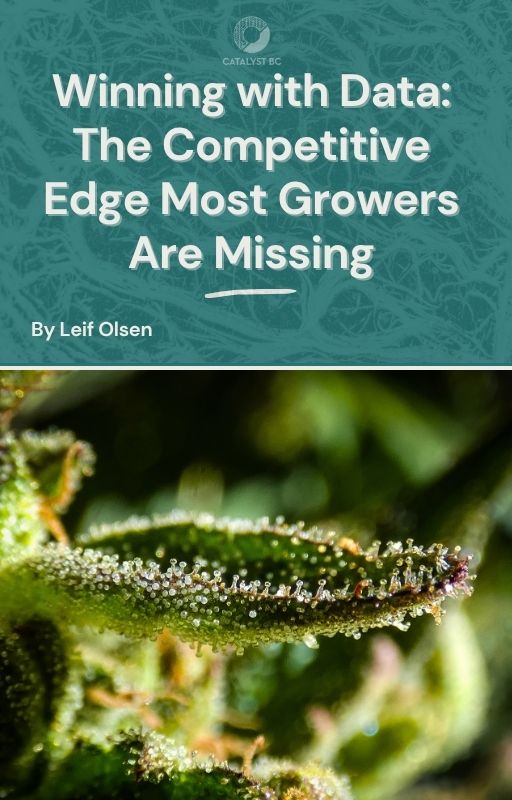Estimated reading time: 7 minutes
Table of contents
Cliff Notes: Apply for and obtain a Nevada cannabis lounge license
Objective: Prepare for application of a Nevada cannabis lounge license by understanding the steps required to legally operate a Nevada cannabis lounge.
Key Components:
- Legal Framework: Nevada passed AB 341 in 2021, legalizing licensed cannabis consumption lounges under the Cannabis Compliance Board (CCB).
- Types of Licenses: Two models – Retail Lounges (connected to dispensaries) and Independent Lounges (standalone businesses).
- Licensing Timeline: First round opened in 2024. Social equity applicants receive preference for half of all independent licenses.
- Application Requirements: Includes operations plan, diversity/inclusion statement, ventilation specs, and architectural layout.
- Compliance: Strict guidelines for ventilation, staff training, overconsumption tracking, and sealed smoking rooms.
- Restrictions: No cannabis sales, no alcohol, no minors, and no infused food service without a kitchen license.
Catalyst BC’s cannabis consultants help with license prep, smoking room design, city coordination, and compliance strategies. Learn more about our Nevada cannabis consulting services or Book your Complimentary Consultation today.

Introduction
Nevada has enthusiastically embraced consumption lounges. In 2021, Governor Sisolak signed AB 341 authorizing the Nevada Cannabis Compliance Board (CCB) to license cannabis consumption lounges. After extensive stakeholder work, the CCB approved final regulations in late 2023.
Lounges are split into two types: Retail Lounges (operated by licensed dispensaries or microbusinesses) and Independent Lounges (standalone sites). Importantly, the CCB’s rules mandate diversity goals – half of the initial independent lounge licenses will go to social equity applicants.
Licensing Process
Navigating the Nevada cannabis lounge licensing process requires early planning, precise documentation, and an understanding of both state and local regulations. Whether you’re applying as a dispensary or launching an independent lounge, aligning your team and preparing key materials in advance can significantly improve your chances of success. Below is a step-by-step overview of what to expect when applying for a Nevada cannabis lounge license.
1, Application Openings
The CCB opened the first license round will open in Fall 2024. Contact our cannabis consulting team for a timeline on the next round. Prepare now by lining up your team (security, architects) and drafting a diversity/inclusion plan (a required part of the application).
2. Prepare Documentation
Applications requires a completed CCB portal submission, corporate docs, financial statements, and an operations plan. Expect to detail your ventilation design and smoking/non-smoking room layout (as per Regulation 15). The regulations require lounges to have a fully separate, self-contained smoking room with HEPA filtration and a negatively pressured ventilation system.
3. Pay Fees and Prequalification
Anticipate an application fee (likely $4,000-5,000 based on other Nevada adult-use fees) plus an initial license fee. Submit to CCB, then undergo background checks. Social equity candidates should apply early to take advantage of set-asides.
4. Inspections
Once awarded a provisional license, schedule inspections for both security (cameras at every entry/exit and service area) and construction code compliance (fire sprinklers, ADA access, etc.). Only after final approval and payment of the licensing fee can you open to customers.
Operational Requirements
The CCB regulations lay out strict rules. All cannabis smoking/vaping must occur in a designated smoking room that is completely sealed off from the rest of the lounge. Doors must be gasketed and self-closing. Air from that room must be ventilated outside with a continuous 8+ air changes per hour, and all other indoor air must pass through HEPA filtration.
Lounges must maintain logs of overconsumption incidents and train staff on topics like product effects and handling intoxicated patrons. Patrons can only consume cannabis on-site; no product can leave the premises. Food is allowed, but infused edibles cannot be prepared on-site without a kitchen license.
Absolutely no minors (21+) allowed, and joint/jar lockers are required so customers store their cannabis upon entry.
Compliance Challenges
Every lounge must strictly follow the Nevada Cannabis Compliance Regulations and state laws.
Key pitfalls:
- Failing to prevent underage entry, allowing patrons to take cannabis outside, or mixing tobacco with cannabis (which is explicitly forbidden).
- Security must prevent any diversion; for example, cannabis samples cannot be given away gratis (every product must be tracked via Metrc).
- Employee training on preventing impaired driving is now mandatory, and lounges will also need general liability and product liability insurance.
- Coordinate with local city/fire departments early – Clark and Washoe Counties have additional licensing prerequisites (e.g. business licenses, fire inspections).
Why Hire a Cannabis Consultant?
Launching a Nevada cannabis lounge involves more than just submitting paperwork—it requires architectural planning, compliance strategy, community engagement, and an airtight operations plan.
Our seasoned Nevada cannabis consultants can help you avoid costly mistakes and delays by guiding you through every phase of the process. From ventilation compliance and diversity planning to local inspections and staff training protocols, Catalyst BC provides end-to-end consulting services tailored to Nevada’s unique regulatory environment. Let our team help you secure your license and open a compliant, profitable lounge faster.
Learn more about our Nevada cannabis consulting services or Book your Complimentary Consultation today.
Nevada Cannabis Lounge FAQs
Nevada has two main categories: Retail Consumption Lounge (for current cannabis retailers or microbusinesses) and Independent Consumption Lounge (freestanding lounge). Both allow on-site smoking/vaping and hospitality services.
No, consumption lounges themselves cannot sell product. Patrons must already have purchased their cannabis elsewhere. However, lounge operators must ensure all consumed cannabis came from licensed sources (via receipts or secure drop-off).
No. NV law still prohibits combining alcohol and cannabis. Nevada cannabis lounges may sell non-alcoholic beverages and snacks, but no liquor.
There is no explicit size limit, but it must be a distinct, enclosed space. Some operators opt for small cigar-lounge-style rooms. The key is meeting the ventilation specs: 8 air changes per hour at minimum.
Yes. Nevada mandates a “Diversity Plan” in your application showing how you’ll include women, veterans, minorities, etc., in your ownership and workforce. Social equity applicants get preference. Our Nevada cannabis consulting experts can guide you through the social equity requirements.
Definitely. Owners and financiers must pass a 3653 background check (no disqualifying felony in the past 10 years, for example). This is a standard requirement for all cannabis licenses in NV.
Absolutely. Nevada’s cannabis lounge regs are new and technical. Catalyst BC’s Nevada cannabis consultants can help prepare your venue (especially ventilation plans) and guide you through the unique licensing process.
Navigating the Nevada cannabis lounge space is complex—one misstep can delay your opening or jeopardize your license. A specialized Cannabis Consultant brings deep regulatory knowledge, operational best practices, and hands-on project management.
From initial concept and licensing to grand opening and ongoing compliance, Catalyst BC’s end-to-end Nevada Cannabis Consulting services ensure you launch faster, stay compliant, and maximize profitability.
Additional Resources
Free eBooks For Cannabis Business Success
Latest Articles
- Missouri Cannabis Licensing & Business Opportunities 2026Missouri has established itself as the premier success story for cannabis in the Midwest, evolving from a standard medical regime to a high-volume adult-use market that exceeded $1.52 billion in annual sales in 2025. As the market enters the 2026–2027 biennium, the landscape is shifting from rapid expansion toward operational maturation and specialized entry.
- North Carolina Cannabis Licensing & Business Opportunities 2026North Carolina remains one of the final significant jurisdictions in the United States without a comprehensive medical or adult-use cannabis program. However, the 2026–2027 biennium is projected to be the most consequential period in the state’s cannabis history. Driven by the formation of the North Carolina Advisory Council on Cannabis and an impending federal “hemp cliff,” the state is moving from a period of passive prohibition toward a structured, albeit highly restrictive, regulatory framework.
- Nebraska Cannabis Licensing & Business Opportunities 2026Nebraska is entering the 2026–2027 biennium at a historic crossroads. Following the 71% voter approval of Initiatives 437 and 438 in late 2024—the largest margin for a medical cannabis initiative in U.S. history—the state is currently standing up its first regulated medical infrastructure.
- Florida Cannabis Licensing & Business Opportunities 2026Florida represents the most capital-intensive and professionally structured cannabis market in the nation. As of 2026, the state is at a crossroads: it is both expanding its mature medical program and preparing for a potential constitutional shift toward universal adult-use access. On November 3, 2026, Florida voters will decide on the Marijuana Legalization Initiative (Amendment 3). Passing this requires a 60% supermajority—a high threshold, but one that polls suggest is within reach.
- Virginia Cannabis Licensing & Business Opportunities 2026As Virginia transitions from its current “possession-only” model toward a fully regulated retail market, the 2026–2027 biennium represents a once-in-a-generation window for market entry. Unlike the vertically integrated “medical-only” regimes of the past, Virginia’s upcoming framework focuses on decentralization, specifically architected to favor small Virginia-based operators over large multi-state corporations.
- Minnesota Cannabis Licensing & Business Opportunities 2026Minnesota is currently undergoing a transformative shift in its cannabis landscape, moving from a semi-regulated hemp-derived market toward a fully comprehensive adult-use framework. Overseen by the Office of Cannabis Management (OCM), the 2026–2027 biennium represents the critical “enforcement phase” where temporary registrations sunset and permanent, merit-based licenses define the market’s long-term leaders.











